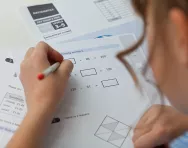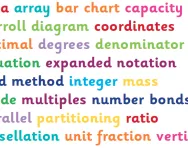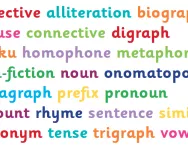Important update from TheSchoolRun
For the past 13 years, TheSchoolRun has been run by a small team of mums working from home, dedicated to providing quality educational resources to primary school parents. Unfortunately, rising supplier costs and falling revenue have made it impossible for us to continue operating, and we’ve had to make the difficult decision to close. The good news: We’ve arranged for another educational provider to take over many of our resources. These will be hosted on a new portal, where the content will be updated and expanded to support your child’s learning.
What this means for subscribers:
- Your subscription is still active, and for now, you can keep using the website as normal — just log in with your usual details to access all our articles and resources*.
- In a few months, all resources will move to the new portal. You’ll continue to have access there until your subscription ends. We’ll send you full details nearer the time.
- As a thank you for your support, we’ll also be sending you 16 primary school eBooks (worth £108.84) to download and keep.
A few changes to be aware of:
- The Learning Journey weekly email has ended, but your child’s plan will still be updated on your dashboard each Monday. Just log in to see the recommended worksheets.
- The 11+ weekly emails have now ended. We sent you all the remaining emails in the series at the end of March — please check your inbox (and spam folder) if you haven’t seen them. You can also follow the full programme here: 11+ Learning Journey.
If you have any questions, please contact us at [email protected]. Thank you for being part of our journey it’s been a privilege to support your family’s learning.
*If you need to reset your password, it will still work as usual. Please check your spam folder if the reset email doesn’t appear in your inbox.
The primary school National Curriculum in England explained for parents

The current National Curriculum for England has been in place since September 2014. It's a set of subjects and standards for all maintained schools in England to follow, ensuring that children throughout the country learn the same things.
The National Curriculum is designed to be 'balanced and broadly based.' The aim is to promote the spiritual, moral, cultural, mental and physical development of pupils, and prepare them for the opportunities, responsibilities and experiences of later life.
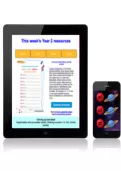
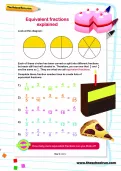
Boost Your Child's Learning Today!
- Start your child on a tailored learning programme
- Get weekly English & maths resources sent direct to your inbox
- Keep your child's learning on track
How the National Curriculum is organised
In primary schools, there's a set curriculum for Key Stage 1 (Years 1 and 2) and Key Stage 2 (Years 3-6). Key Stage 2 is often split into lower Key Stage 2 (Years 3 and 4) and upper Key Stage 2 (Years 5 and 6).
The Department for Education (DfE) sets a programme of study for each National Curriculum subject, year by year. It tells schools what they should be teaching during a particular school year, desired outcomes for the end of each key stage, and guidance (not mandatory) for how to teach the programme of study.
There are separate curriculums for Scotland and Wales. Wales will be introducing a new curriculum from September 2022.
What subjects are included in the National Curriculum?
The main focus of the National Curriculum is the three core subjects:
- English
- Maths
- Science
There are also eight foundation subjects:
- Art and design
- Computing
- Design and technology
- Languages (KS2 and above)
- Geography
- History
- Music
- PE
All schools must also provide religious education and, from Sept 2020, relationships education. Sex education is not mandatory in primary schools, but they may decide to teach it.
Do all English primary schools follow the National Curriculum?
No – academies and free schools are exempt. This is partly because these schools need more flexibility in what they teach (for example, in the case of faith schools that have a strong emphasis on religious education in one particular faith).
Academies and free schools do, however, still have to teach a balanced and broadly based curriculum that includes English, maths, science and RE.
What compulsory National Curriculum tests have to be taken?
Primary school children in England have to take the following tests:
- Phonics screening check in Year 1
- KS1 SATs in reading, maths and English grammar, punctuation and spelling (this test is optional) at the end of Year 2
- Multiplication tables check in Year 4 (from 2021)
- KS2 SATs in reading, maths and English grammar, punctuation and spelling at the end of Year 6
You will be given the results of your child's phonics screening check. The results of KS1 SATs are not given out automatically, but you can request them from their teacher.
In Year 6, you will be given the results of your child's KS2 SATs in July, along with an explanation of the grading system.
At the end of each summer term, your child's school must write a report on their progress and give you the opportunity to discuss it with them.

